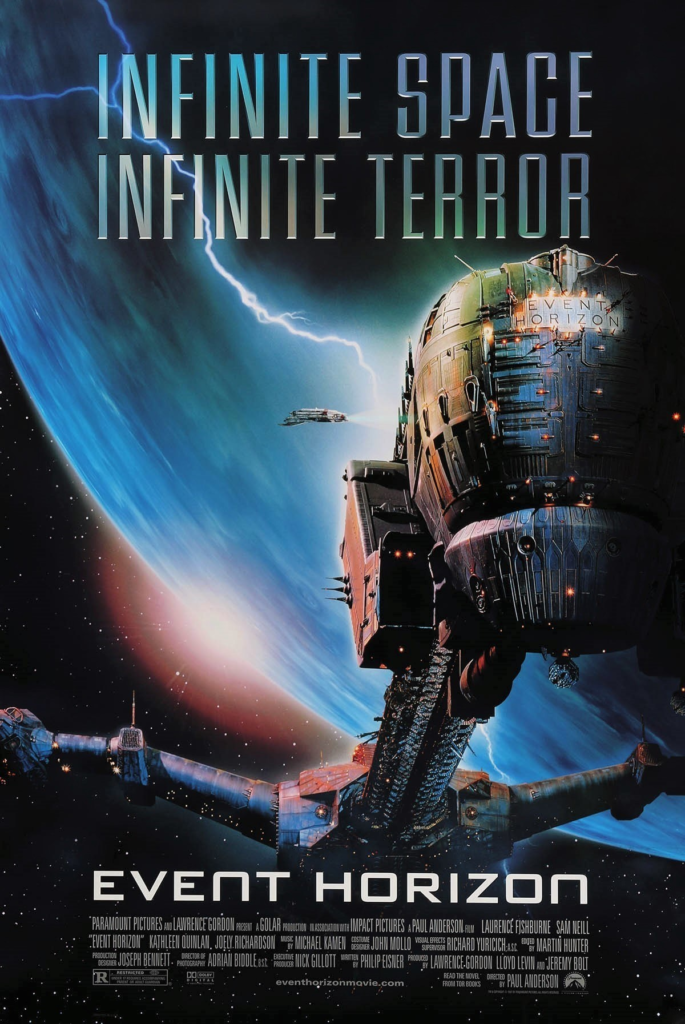If there’s one blog that has inspired my site more than any other, it’s the Fake Geek Boy Press. No, really. When Malcolm asked me what I wanted my website to look like, I basically just said this but with my own signature color scheme. It’s always great when you find a critic whose tastes are similar to your own, because if there’s some media you’re interested in, finding their thoughts on the matter is a good indicator of how well you’ll like or dislike it yourself.
Unfortunately, this similarity in taste also means that, more often than not, you both have basically the same things to say about the same works. Several times, going back to my Youtube and Fantastic Fiction days, I’ve found some work that I’m excited to talk about, only to find that the Fake Geek Boy Arthur has already said everything I want to say about it, and said it far better than I ever could. Obviously, there have still been plenty of works where I’ve had my own unique things to say, but when I started on what I like to call the “Sam Neill is frightened by horrors beyond the ken of mortal man” trilogy, I found myself with very little to say concerning its first two installments (Possession and In the Mouth of Madness) that Arthur hadn’t already said beyond “Oh those cosmic terrors give him such a fright!”
But when at last I came to the third and final installment of the trilogy, I found to my pleasant surprise that there was actually a whole lot I had to say which Arthur didn’t really go into. So that’s what I’m gonna do here.

Event Horizon
Event Horizon is essentially a haunted house movie IN SPACE!!! Years ago, the titular spaceship was lost, and after reappearing seemingly abandoned in the orbit of Neptune, a smaller ship is crewed to escort Dr William Weir (Sam Neill) to find the ship and recover whatever can be recovered from it. You see, as Weir explains, the Event Horizon was built with an experimental warp drive that would allow humanity to travel faster than light, thus opening up endless possibilities for further space exploration. And if Weir can confirm what went wrong with the ship and how it can be fixed, further experiments in the field of warp drives can proceed.
Of course, as you might expect, things go horribly wrong, and when the recovery ship is damaged by a surge of power from the Event Horizon’s warp drive, the crew are forced to evacuate onto the Horizon while they repair their ship and prepare to go home. The hyperspace which the Horizon travelled through though was far from a neutral dimension, and as crew members start to see and hear things that shouldn’t be on the ship, and a crew member that fell into the warp drive starts raving about untold horrors, things go from bad to worse.
I said in the title that Event Horizon is essentially The Shining in space, but that’s not simply me referencing one of the more famous haunting house stories out there. Rather, the method in which the Event Horizon preys on its victims is unique, just like the method used by the Overlook Hotel. Typically in Haunted House stories, there is some malevolent presence inhabiting a specific location that kills or drives insane any poor souls who happen to stumble upon it. However, the Overlook Hotel and the Event Horizon want to do something slightly different.
While Weir is a civilian scientist, the rest of the spacefarers in the film are a military unit. They have ranks, a distinct hierarchy, and experience in keeping calm under stressful situations. Yet once they board the Horizon, they start to grow uncharacteristically fractious, snapping at each other and even getting violet. In all such instances of violence, the perpetrator is shocked by their actions, and brought back to reality by the stern command of their leader Captain Miller. But the fact that these instances even happen is clearly shown as unusual for the group, and reveals a clue to the haunted ship’s intentions.
When our heroes discover that the Event Horizon’s warp drive sends the ship to a monstrous dimension akin to Hell, and that the dimension, bleeding out through the drive, slowly drove the ship’s crew into violent and debauched insanity, we see that the Horizon isn’t trying to kill our heroes. It’s trying to make them kill each other. Like Jack in the Overlook, the Horizon seeks to exploit the crew’s insecurities and fears to make them turn on each other. Not even to sustain itself, like the house in Burnt Offerings, but rather because that’s simply what it likes to do.
Here’s the thing though. Unlike with the Overlook, the Horizon’s strategy doesn’t work. No matter how hard it tries to drive wedges between Miller and his crew, their comradery is of a nature specifically designed to withstand warzones. The Horizon has to resort to tempting Weir, the sole outsider of the group, to further its agenda. And once the ship realizes that Miller and co. aren’t buying what it’s selling, it resorts to quicker, more direct methods of killing its quarry (mostly through the possessed Weir outright stabbing or shooting people).
This makes the final confrontation between the Horizon and the survivors all the more satisfying. Typically in these types of stories, the protagonists are quickly picked off one by one. But in Event Horizon, the kills really only start in the last half hour or so. Not because the ship is so bad at killing, but because the heroes are so good at surviving. Perhaps the standout example is Cooper, the rescue technician, who not only does exactly what his job demands, but generally behaves in the exact way you’d hope a horror protagonist would act. Even among the characters who do die, they typically manage to do something very useful just before they perish, only one of Miller’s crew successfully succumbing to the ship’s glamours and dying as a result. And as each of the schemes of the Horizon either fail or require a blunter instrument, there’s something great about seeing the Horizon visibly growing more frustrated at our heroes, as though the hell dimension is screaming “Why won’t you break like I want you to?!”
Despite the darkness of this movie (seriously, there was less gore than I expected, but it’s still pretty intense, to the point where if you simply cannot do gory films I would steer clear), Event Horizon is ultimately a story about how comradery and heroism can overcome whatever dark forces lie beyond our comprehension. Even if Sam Neill doesn’t end this movie any better than he did in Possession or Madness, the world remains largely intact, and does so specifically because of the actions of our heroes. So in the end, Event Horizon is perhaps the most hopeful entry of this unofficial trilogy I made up. It certainly makes a fitting conclusion to the series.

Leave a Reply